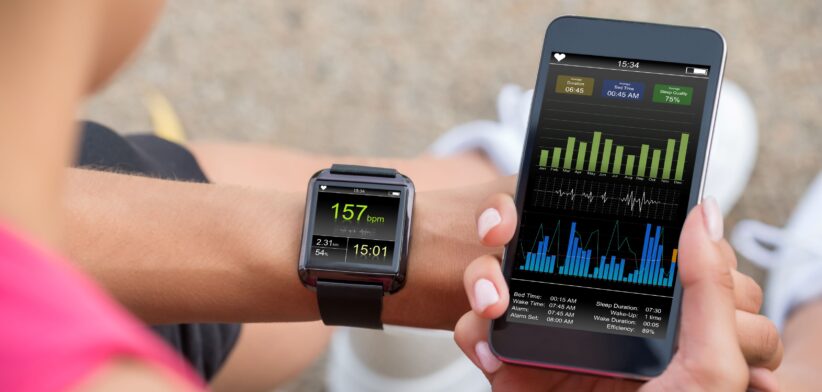Most people would dismiss privacy concerns and hand over personal health data if it led to improved health outcomes.
A global study which involved researchers from the University of South Australia found 94 percent of people who use wearable activity trackers were open to sharing data with their healthcare providers.
UniSA researcher Ty Ferguson said 47 percent of respondents had already discussed their data with their healthcare provider, and 43 percent of people had already shared it.
Dr Ferguson said only 26 percent of people voiced concerns.
He said the fact that people were open to sharing their personal health data with health providers could pave the way for more personalised care.
“Every day we hear about privacy risks and data breaches, so it’s reasonable to assume that data sharing might raise issues.
“But in reality, the opposite is true – people are overwhelmingly willing to share health data from their smartwatches, as long as it’s with trusted health professionals such as doctors or physiotherapists.”
Dr Ferguson said the willingness to hare was even more prevalent among people with chronic health conditions.
“By sharing personalised health data – such as sleep patterns, physical activity, or heart rate – healthcare providers can gain deeper insights about each patient’s needs, potentially offering smarter, more responsive, and better-quality care.”
He said it was a timely finding with demand for personalised healthcare on the rise.
“The World Economic Forum reports that personalised health care has reduced administration costs, hospital admissions and long hospital stays by 5-10 percent.”
Read the full study: User Experiences and Attitudes Toward Sharing Wearable Activity Tracker Data with Healthcare Providers: A Cross-Sectional Study.








